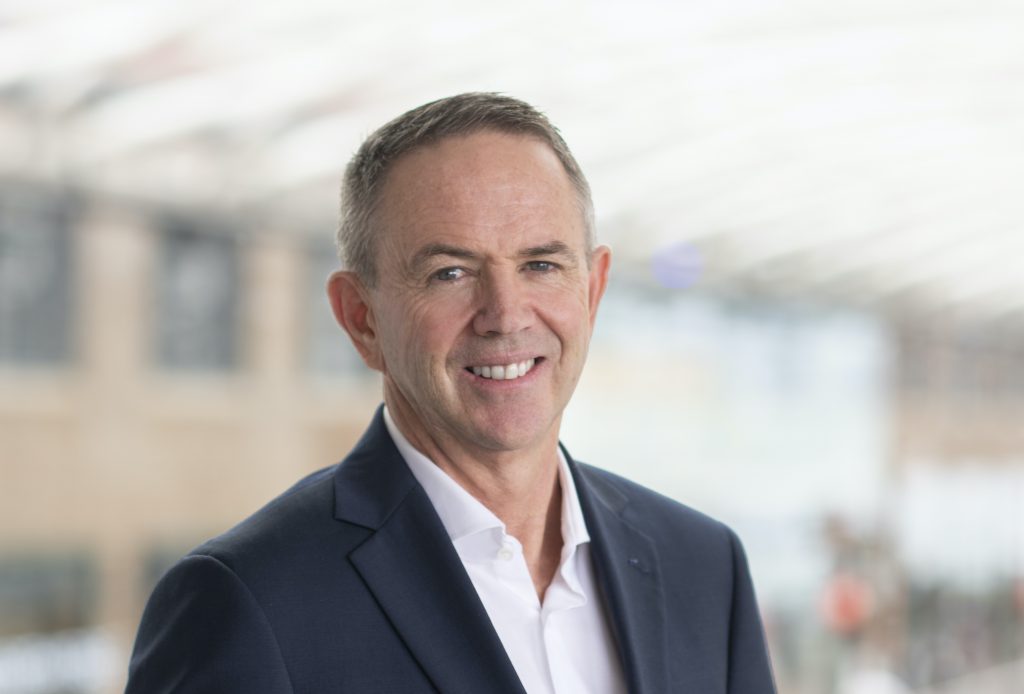Climate Crisis must not be ignored in “cost of living” election
By: Mike Ritchie, MRA Consulting Group

“At 3oC of global heating, climate damage cannot be insured against, covered by governments, or adapted to. That means no more mortgages, no new real estate development, no long-term investment, no financial stability. The financial sector as we know it ceases to function. And with it, capitalism as we know it ceases to be viable.”
I will say that again. “And with it, capitalism as we know it ceases to be viable” – at 3oC.
Now, before you say that is just some Chicken Little running around telling us the sky is falling and scaring the pants off us. The quote is from no less an authority than Gunther Thallinger who is a Board member of Allianz SE one of the world’s biggest insurance companies. Thallinger is chair of the Allianz investment board and was previously CEO of Allianz Investment Management. No Chicken Little.
The key point he is making is that as the world heats up, disasters become more frequent and severe and there comes a point where insurers will no longer be able to offer cover for climate risks.
“Without insurance, which is already being pulled in some places, many other financial services become unviable, from mortgages to investment”.
By the way, the Federal Government acknowledged this key point way back in 2009 with the National Coastal Vulnerability Assessment 2009.
“The coastal zone also contains much of the infrastructure (homes, commercial and industrial buildings, ports and other physical assets) that is the client base of the insurance industry. Climate change will therefore significantly increase the exposure of residential and other buildings to potential loss and damage. But it will be the insurance industry which will be the first to bear the cost of any damages and losses resulting from any increase in extreme weather events.
In some parts of Australia, the insurance industry does not offer residential flood insurance. This is because until recently insurers have not been able to map, understand and price the risk of flooding in order to set a premium. The Australian insurance industry also does not generally cover the risks of storm surge, landslip and sea-level rise.
Risks from climate change will build on and compound these areas of existing risk and uncertainty. Apart from increasing the difficulty in pricing risk, climate change affects the insurance industry’s ability to pool risk.
Climate change exacerbates extreme weather events and reduces the ability to spread risk.”
Globally, the lack of action on climate change means we are on track to exceed the 2.5oC agreed in the Paris Accords and likely exceed 3oC above pre-industrial levels.
While Thallinger calls out the risks to humanity, human society and our economic system, he also says the problem is solvable with action.
“The good news is we already have the technologies to switch from fossil combustion to zero- emission energy. The only thing missing is speed and scale. This is about saving the conditions under which markets, finance and civilisation itself can continue to operate.’
Which brings me to the Federal election in Australia. What a farce.
- We are having a heated debate about the cost of the next power bill.
- The leaders are breathing fire about a 3% reduction in gas bills or a $275/yr reduction in electricity bills. Really? So much blather and point scoring about the short term.
Both parties have committed to net zero by 2050 but almost all modelling says that is not enough to limit catastrophic climate change.
Both ignore the effect of climate change on vulnerable communities. Both ignore the effect on businesses and the economy. Standards of living. Our social fabric.
We have just gone through one of the biggest floods in Australian history. Did you hear the words “climate change” mentioned by Dutton or Albanese? Or even by the media?
It is critical that we have a broader debate about emissions reduction – the speed, the trajectory and the costs. How do we lead for the rest of the world?
Where is the leader talking about the next 20 or 50 years?
While “cost of living” is today’s debate (and I get it), we can walk and chew gum. We cannot just kick the climate change ‘can’ down the road like so many other failed policy questions.
We must put the parties under the blowtorch to explain how they will accelerate action.
The media have the key role here. Where is the leaders debate on climate change?
“The end of capitalism as we know it” – That is worth the odd policy discussion.
Mike Ritchie is the Managing Director at MRA Consulting Group.



